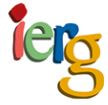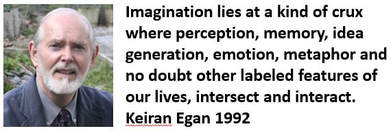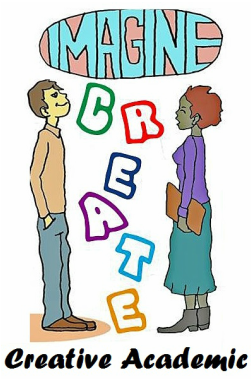


Emotion Matters
Emotion Imagination Feeling: these words rarely take centre stage in conversations about teaching and learning in higher education. The odd thing is that I have never met an educator that doesn’t value emotional and imaginative engagement. All educators want students to be engaged. All educators want their students to be imaginative, to experience and demonstrate creative and flexible understanding of knowledge. But we rarely discuss how we achieve it in our practices. It’s a sad fact that there is far more talk of “imagination” in the context of educating our younger learners than in Higher Education. Through this edition of Creative Academic Magazine we want to encourage more discussion about imagination in higher education teaching and learning and share some of the ideas and work we have been doing through IE.
Cognitive tools
All educators want students to remember what they are learning so that curriculum content has an impact on their lives outside school, college or university. “Cognitive tools” are the means through which we can tie up knowledge with students’ emotions and imaginations and, in this way, make the knowledge memorable1. We all make meaning by employing cognitive tools; when we purposefully use these tools to shape our teaching, imaginative education helps learners to use their knowledge to create meaning that is more memorable.
People of all ages frequently and routinely think about the world in ways that evoke their emotions and imaginations. For example, human beings universally enjoy stories or narratives of all kinds. We all enjoy jokes and humor. We all identify and interpret patterns in the world around us and are able to spot new patterns as they emerge in our lives. We can be fascinated by extremes of experience and limits of reality--the stuff in the Guinness Book of World Records or amazing and sometimes dangerous feats recorded on Youtube.

You can find out more about what these tools are and how they are used by reading Creative Academic Magazine CAM11A which is free to download from the magazine page.
Gillian Judson
http://ierg.ca/gillianjudson/

 RSS Feed
RSS Feed
